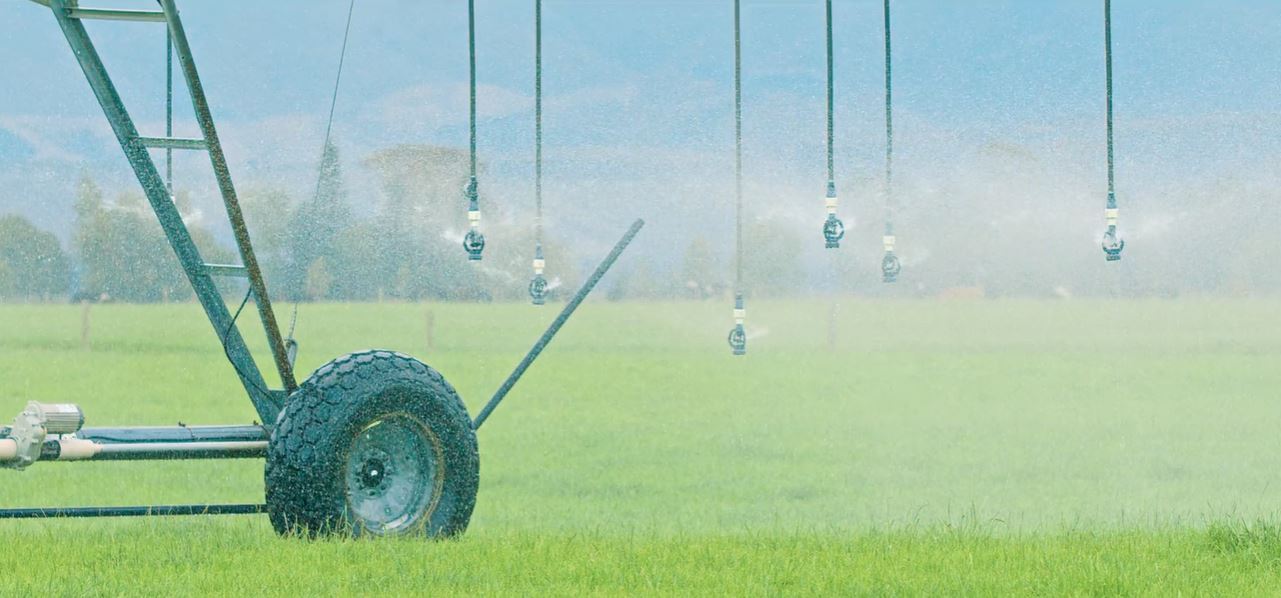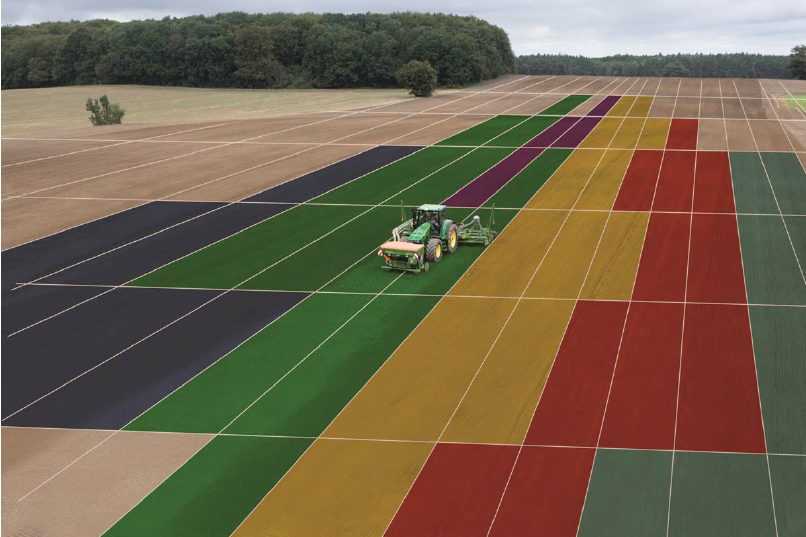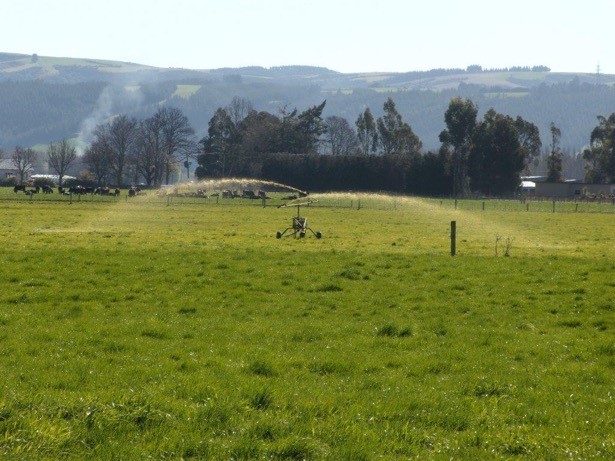Good Management Practice
Good Management Practices (GMP) focus on farm activities to improve water quality by reducing nitrogen, phosphorus, sediment, and faecal contaminants. It also includes other aspects of farm management such as greenhouse gas reduction, health and safety, biosecurity, biodiversity, and conservation of natural and cultural heritage.
All MHV Shareholders need to achieve an A grade for their Farm Environment Plan (FEP) audit.
GMP is broken into seven management areas;
- Irrigation - The amount and timing of irrigation is managed to meet plant demands, minimising risk of leaching, and runoff and ensure efficient water use.
- Nutrients - To use nutrients efficiently and minimise nutrients lost to water.
- Cultivation & Soil Structure - The physical and biological condition of soils is maintained or improved in order to minimise the movement of sediment, phosphorus and other contaminants to waterways.
- Animal Effluent and Solid Waste - Animal effluent and solid animal waste is managed to minimise nutrient leaching and runoff.
- Waterbody - Wetlands, riparian areas and the margins of surface water bodies are managed to avoid damage to the bed and margins of the waterbody, and to avoid the direct input of nutrients, sediment, and microbial pathogens.
- Point Source - The number and location of pits are managed to minimise risk to health and water quality.
- Water Use (non irrrigation) - To use water efficiently ensuring the actual use of water is monitored and efficient.
MHV Environmental Management Strategy (EMS)
As part of the MHV EMS the following objectives apply:
- Community drinking water protection zones (if applicable).
- The land is managed to ensure effects on sites of significance to Te Rūnanga o Arowhenua are avoided, remedied, or mitigated (if applicable).
- Farm System operates within Authorised or Permitted Land Use parameters.
Resources
Intensive Winter Grazing FAQ November 2022
Dairy NZ recources cover a large range of topics including:-
Foundation for Arable Research (FAR) provide resources, events and workshops for farmers.
Beef and Lamb New Zealand provide information and resources for farmers including Environmental Compliance.
Fertiliser supply companies such as Ravensdown and Ballance, can also provide farmers with advise on environmental compliance and GMP around fertilser application.
IrrigationNZ offers irrigation training and resources
Irrigation GMP
Irrigation GMP includes (but are not limited to): Regularly managing crops, appropriate use of irrigation rates and scheduling, designing or retrofitting the irrigation system for improved irrigation uniformity and efficiency to reduce runoff and leaching, maintaining the irrigation system so that it continues to operate efficiently.


Fertiliser GMP
Fertiliser GMP is about managing the amount and timing of fertiliser inputs, taking account of all sources of nutrients, to match plant requirements and minimise risk of losses.
Animal Effluent GMP
The collection, storage and spreading of animal waste, most commonly dairy effluent, provides valuable nutrients that can be cycled back onto farmed land. However, if this is not managed appropriately, it can have negative effects, particularly on water quality.



